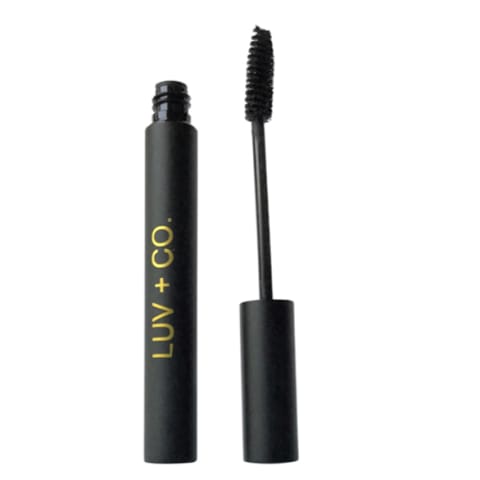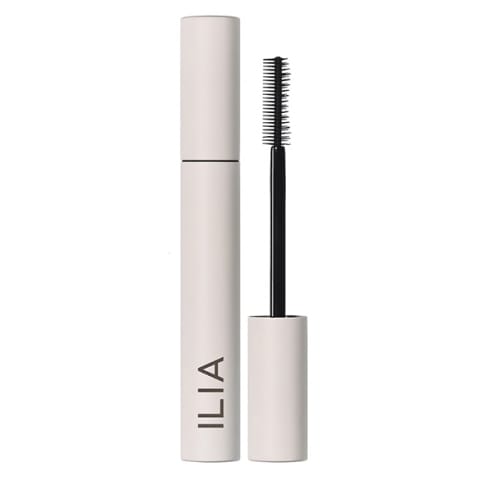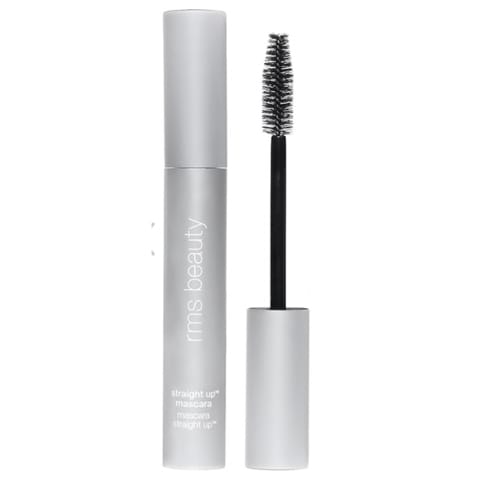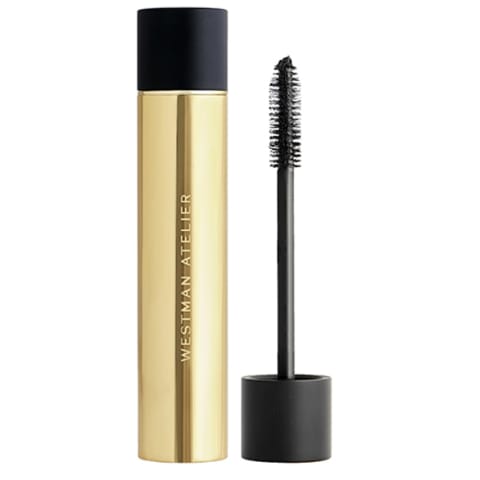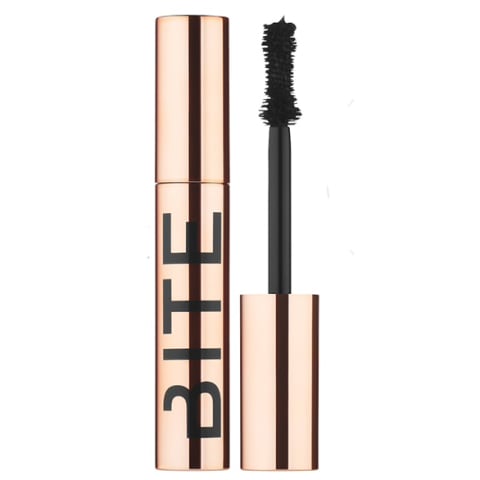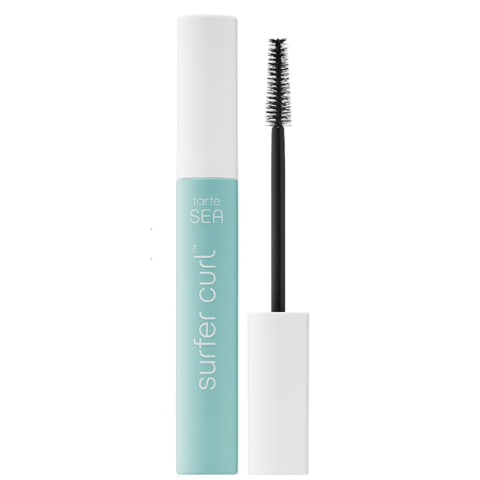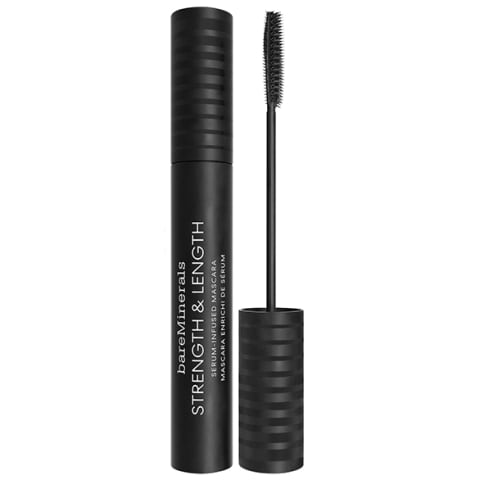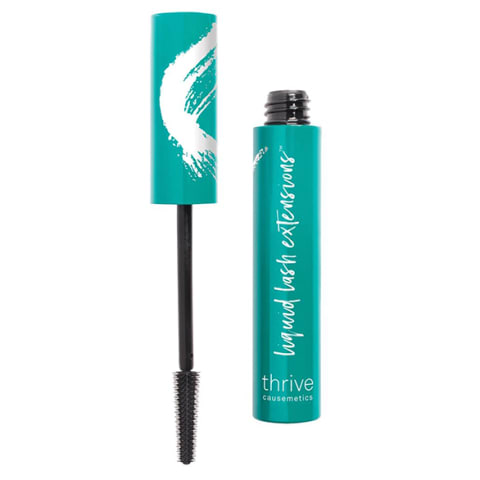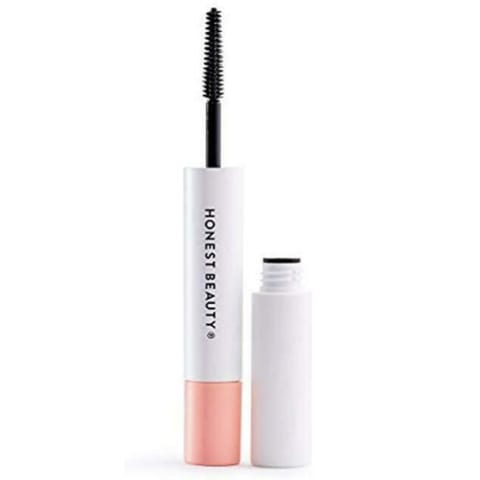But if you have sensitive eyes, wear contacts, or just generally have easily irritated skin around the eye area, mascara comes with a challenge: Some find the product to irritate the delicate skin, cause irritation, itching, and more. Much like you can enter the skin care aisle looking for a plethora of sensitive-skin-approved tonics and formulas, makeup has come a long way in offering options for those with finicky skin. (This isn’t surprising: Sensitive skin is on the rise1.) Here, we gathered some of our favorites. And while we feel confident in the below formulas—which range from natural and organic to safe synthetics—we also know that everyone’s allergens are different. Please do a patch test prior to wearing regularly, and stop use if you find that your eyes are irritated. This is important for all beauty fans—but vital for those with sensitivities. Luv Natural Mascara, Luv+Co ($29) Limitless Lash Lengthening Mascara, ILIA ($28) Straight Up Volumizing Peptide Mascara, RMS Beauty ($26) Eye Love You Volumizing Mascara, Westman Atelier ($58) Upswing Full Volume Mascara, Bite Beauty ($28) Sea Surfer Curl Volumizing Mascara, Tarte ($24) Strength Length Serum Infused Mascara, BareMinerals ($22) Liquid Lash Extensions Mascara, Thrive Causemetics ($24) Extreme Length Mascara & Lash Primer, Honesty Beauty ($17) Read: If it’s never bothered you before, you can assume you’re part of the lucky majority and can keep on wearing it without reserve. But if that’s not you: Here’s a little anatomy lesson on the eye itself to explain why it causes issues, from James Chelnis, M.D., oculofacial plastic surgeon and assistant clinical professor at New York Eye and Ear Infirmary of Mount Sinai. Your eyelid has three parts that produce various liquids: water (which we identify as tears), mucus (which you might notice when you wake up with “crust” in the morning), and oil. For our purposes, that last one is the most important. Oil actually forms a slick around the eye to keep the water in, keeping your eye hydrated. (“When I do surgery or an exam, I can actually see the oil layer over the eye,” he says.) If our oil glands around the eye stop working properly, they can’t keep the water sealed on the eye. “Have you ever heard anyone complain about having ‘dry eyes’ but still tearing up? What’s happening there is the eye likely doesn’t have enough oil to keep the water in,” says Chelnis. And mascara can actually clog the pores in the area, leading to less oil production—especially when not washed off nightly. “This not only leads to dryness but styes and eyelid inflammation,” he says. Additionally, “In doing exams or surgery, I’ve actually found mascara debris trapped under the eyelid, often causing inflammation,” he says. Research has shown that of the beauty categories that are important to switch over to clean versions, eye makeup might be the most important, as the eye area has been shown to absorb the chemicals it comes into contact with, according to research2 from reproductive epidemiologist Kim Harley, Ph.D., a researcher at the University of California–Berkeley. The good news is that after research participants switched to clean personal care products, the presence of chemicals like parabens and phthalates decreased by up to 45% in three days. “My advice is to pick as clean of a product as you can since the skin around our eye is so thin, which means absorption is higher,” says holistic dermatologist Keira Barr, M.D. “And listen, even though it’s a small area and absorption from each application may not be much, cumulatively it can add up.”


